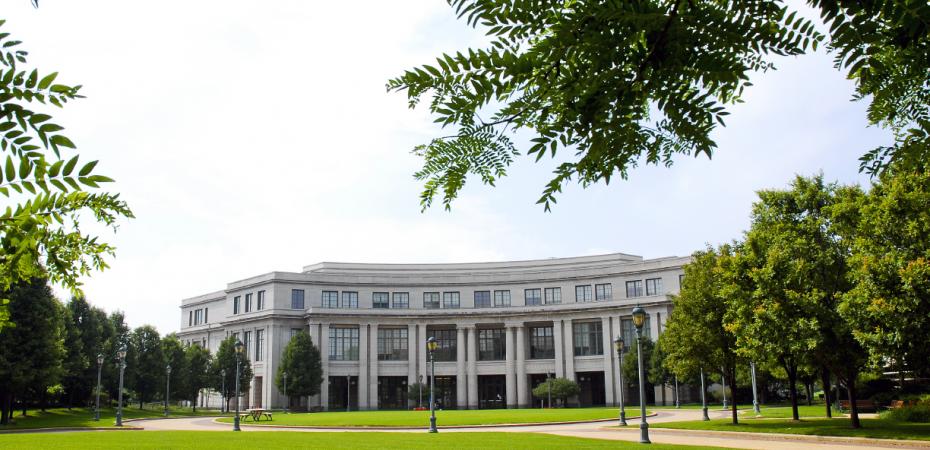
The Case1Card is the official campus identification card for all CWRU students, faculty, and staff. The card is required for all active members of the CWRU community. Use and acceptance of the card indicate agreement to the terms and conditions that govern its use.
- Cardholders have the responsibility for reporting lost, stolen, or damaged cards in a timely fashion to the Auxiliary Services Office at 216.368.5844 or on-line at the Online card office.
- Rights and privileges associated with the card are non-transferable and are contingent upon active status as a member of the CWRU community including but not limited to student, faculty, and staff.
- The card must always be carried on campus and presented to a CWRU official upon request.
- Photo images captured for the identification card become part of cardholders’ educational record, therefore may be used for official University business.
- The name printed on the front Case1Card is the individual’s preferred name and the official name as printed on the back of the card.
- Subsequent cards issued to the same active cardholder will be considered replacement cards and therefore a fee may be charged.
- Applicable card replacement fee for cardholders is $25 and is payable at the time of re-issuance. Cash, CaseCash, checks, credit cards (Discover, MasterCard and VISA) are accepted at Access Services.
- Cardholders must present a current government-issued photo ID when requesting a replacement card.
- A request of a name changes due to University error or replacement due to normal wear and tear will have no fee assessed to the cardholder upon surrendering the original card to the Access Services Office
- Do not punch holes, affix non-university stickers, or in any other way make modifications to your Case1Card. You will be charged the replacement fee for card replacement due to cardholder modifications. Keep ID away from wireless chargers and magnetic devices as they may deactivate the Case1Card and may require a replacement with the applicable replacement fee.
- Cardholders are not permitted to wear any article of clothing or eyewear that, in the judgment of the carding staff, will obscure his/her physical features. Any exceptions to the above will be made on a case-by-case basis.
Cash withdrawals cannot be made from CaseCash accounts and CashCash balances are non-refundable or transferable unless the following conditions are met:
- Damaged cards: Immediate transfer of the remaining value from a damaged card to a new card will be made. The damaged card must be relinquished to the card office before re-issuance of a new card.
- Lost or stolen cards: When a Case1Card is reported missing, it is deactivated, and the account is frozen. After the re-issuance of a replacement card, any account value is transferred to the new card. If a lost or stolen card is found after re-issuance it cannot be re-activated.
- Separation from CWRU: The University will refund the remaining balance of CaseCash upon one of the following conditions:
- Graduation from Case Western Reserve University,
- Withdrawal from Case Western Reserve University,
- At the end of the academic year upon request.
If you are leaving the University, you must request an account refund in writing. Refunds will only be issued for amounts greater than $1. All refunds are at full CaseCash value minus a $15 processing fee.
- Your digital photograph will be printed on the face of your Case1Card and will be stored in the Case1Card database.
- A new photo will be taken only if there has been a significant change in the card holder’s appearance or the photo is more than 2 years old.
Case Western Reserve University Access Services Office and its personnel are not liable for financial loss or criminal repercussion associated with any lost, stolen, damaged, or fraudulently used Case1Card. Cardholders are responsible for up to $50 for unauthorized use of an account on a lost or stolen Case1Card provided that the cardholder notifies the Auxiliary Office within two (2) days of learning of the loss or theft of the card. If the cardholder fails to notify the Auxiliary Services Office of the lost card within two (2) days, the cardholder bears full responsibility for the unauthorized charges. Cardholder information is kept secure and confidential at the Access and Auxiliary Services Offices. Outside parties are not privileged to personal or account information unless express consent is granted, or the University is required to comply with legal or government agencies.

